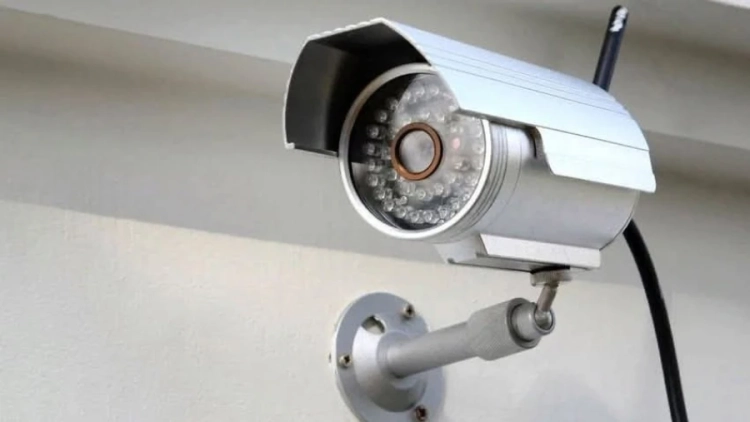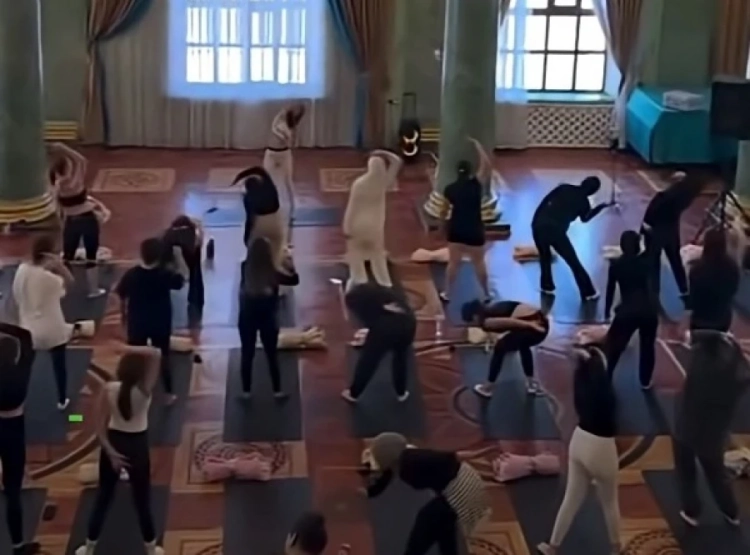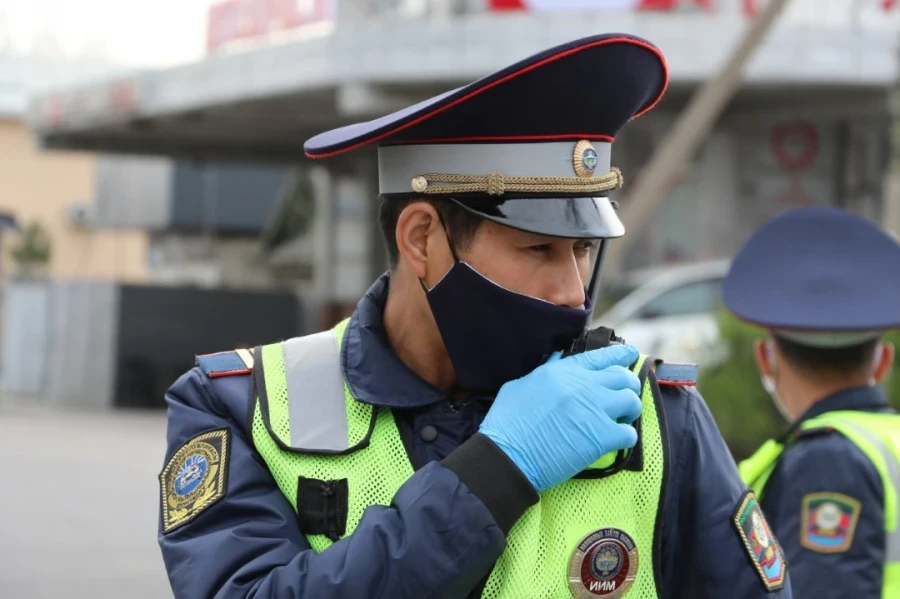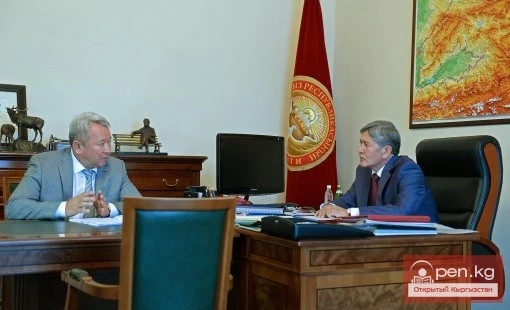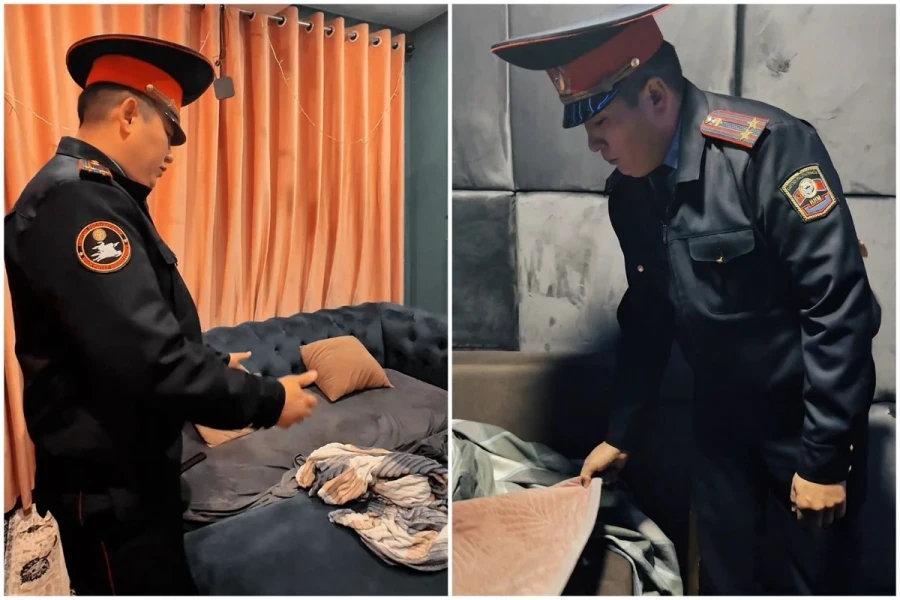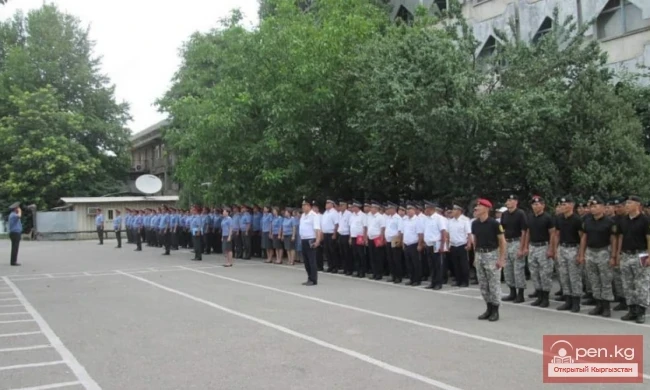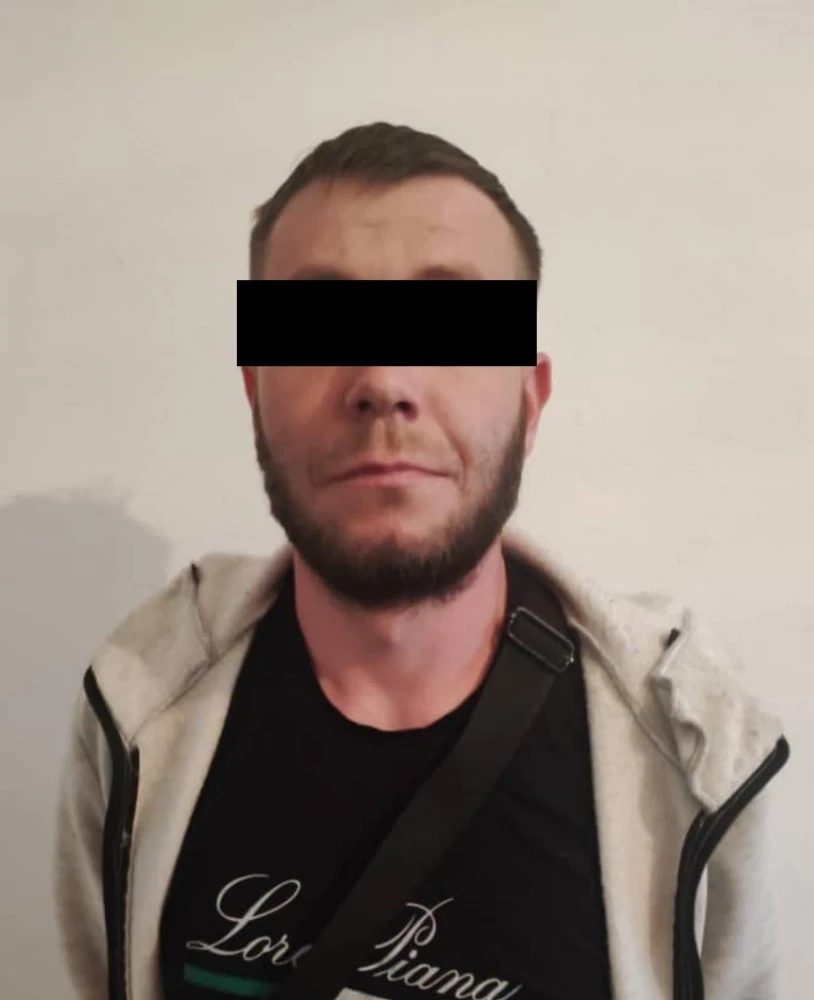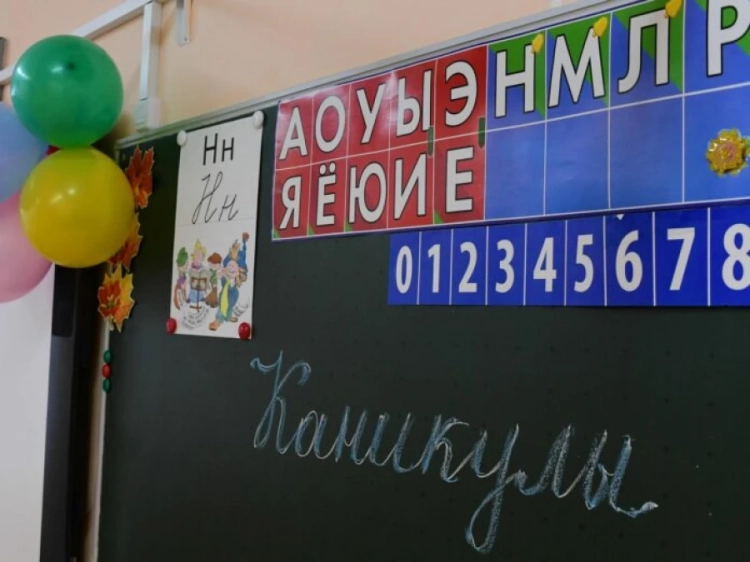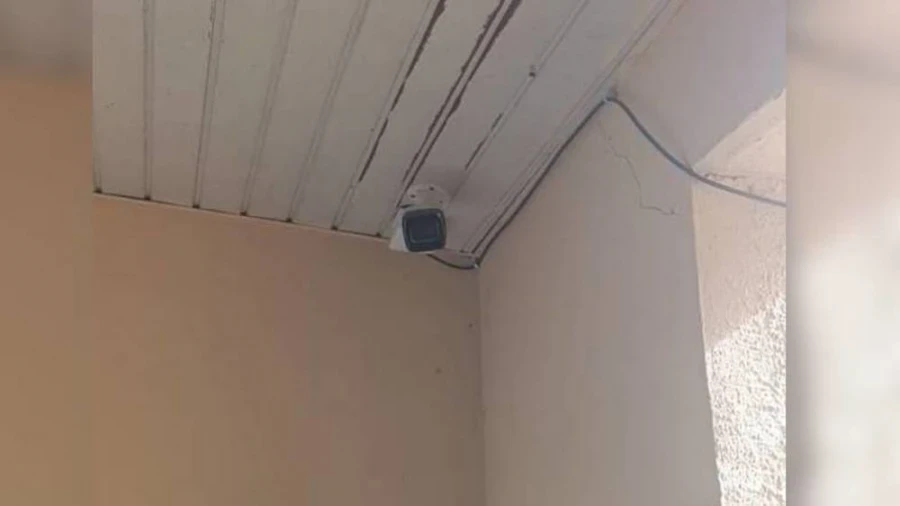
An expert explained that this is excessive
The installation of video cameras in the restrooms of school No. 111, located in Lower Ala-Archa, has caused serious public discontent. The former head of the press service of the Bishkek City Police, Ulan Jumakov, noted in an interview with Vesti.kg that video recording in such premises is a violation of the dignity and privacy of citizens.
“The Constitution of Kyrgyzstan protects the right to personal inviolability and honor. Collecting and using information about a person without their consent is unacceptable. Installing cameras in restrooms clearly violates these rights,” emphasizes Jumakov.
In addition to restrooms, cameras should also not be placed in changing rooms, medical offices, break rooms, and with psychologists.
“Citizens who notice surveillance in such places have the right to appeal to the court or law enforcement agencies. Arguments about the necessity of cameras for safety and conflict prevention indicate insufficient organization of security in educational institutions. Public outrage on this matter is quite justified. In restrooms accessible to adults, such cameras are not present. Moreover, the leakage of recordings in the age of the internet can lead to moral trauma and extortion,” he added.
Information about the video cameras in the school restrooms appeared on social media, provoking a strong reaction among residents.
An activist who reported the situation noted that the school principal did not take his concerns seriously and denied the presence of cameras in the restrooms. After the public outcry, the Department of Education of the Bishkek City Hall confirmed that the cameras had been dismantled and that explanatory talks had been held with the school administration.
The department clarified that the cameras were not operational and no recordings were made.
Video surveillance has become an important element of the security system, contributing to the solving of crimes and maintaining public order. President Sadyr Japarov announced the installation of 20,000 video cameras as part of the "Safe Country" program.
However, citizens express dissatisfaction, claiming that surveillance is not always effective. For example, drivers who received fines for traffic violations through the "Safe Country" system continue to break traffic rules.
Photo www
